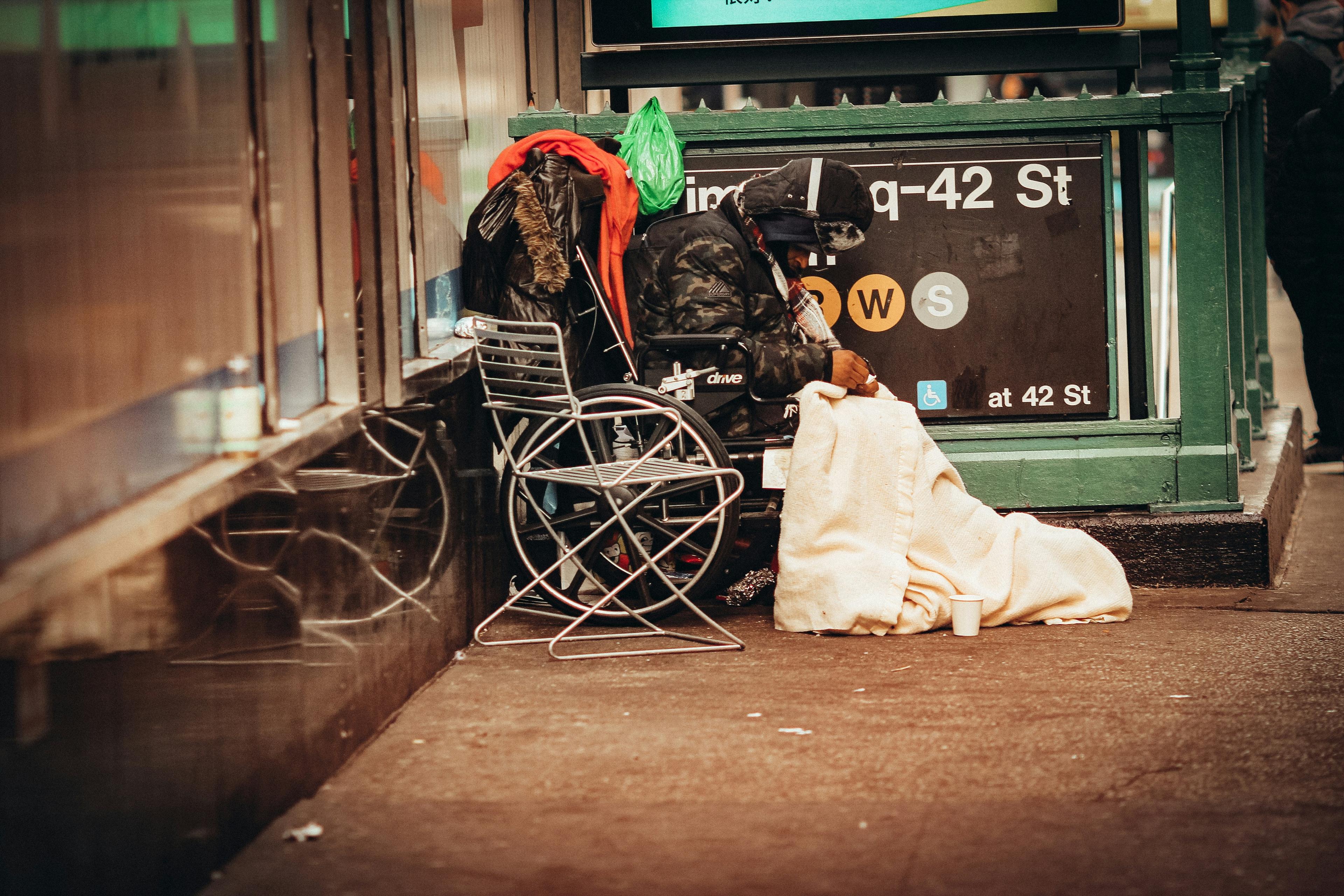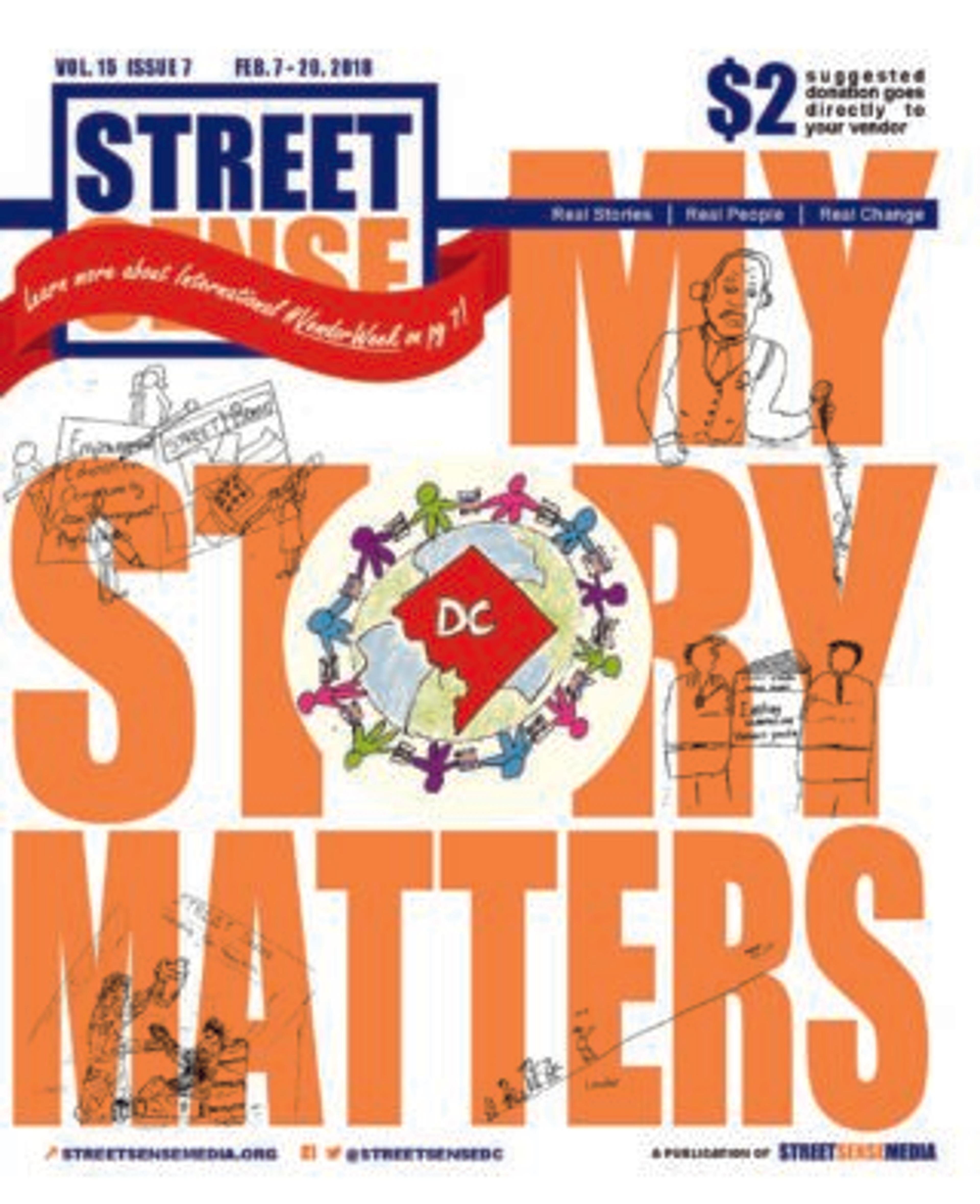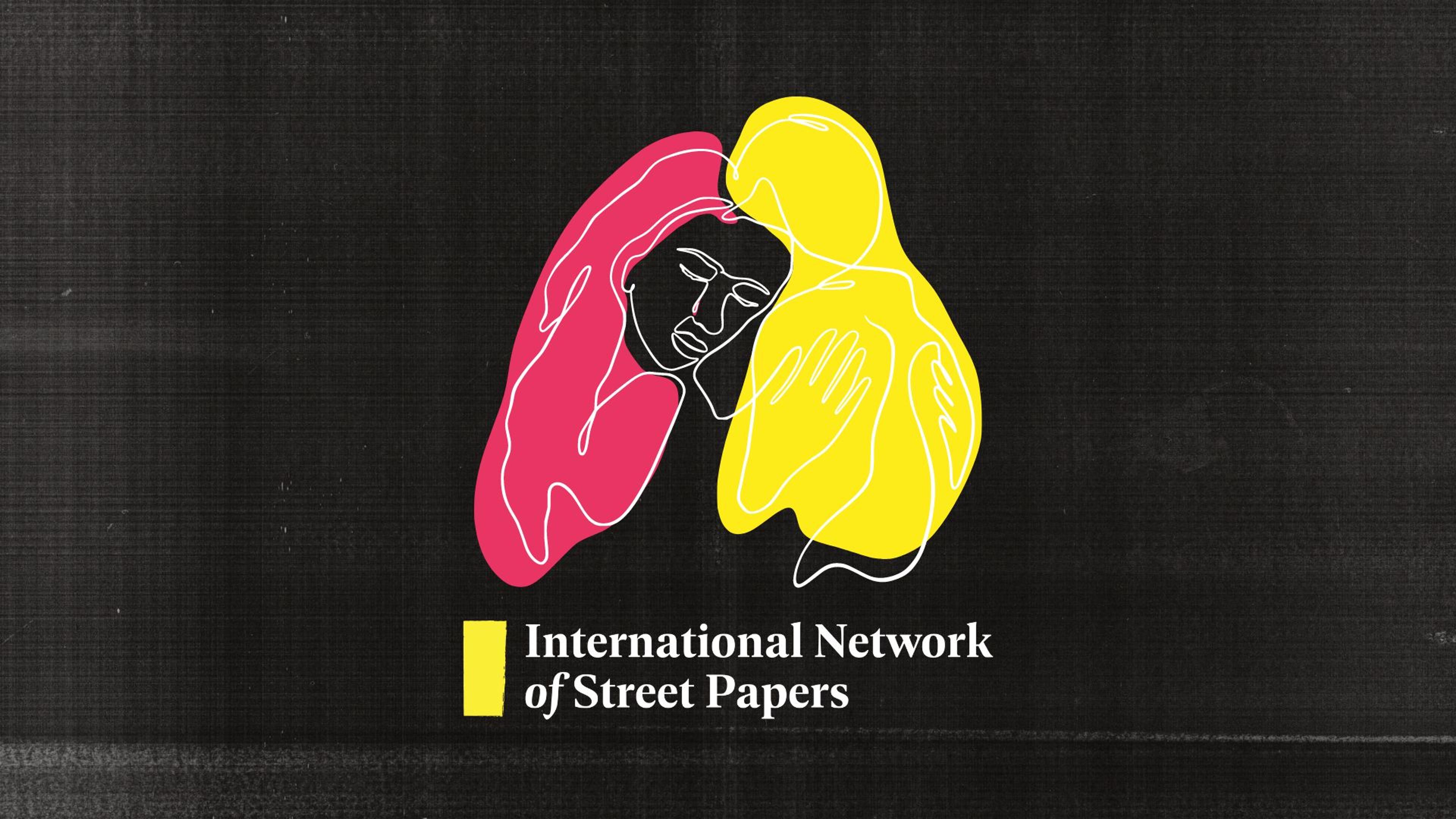US National Alliance to End Homelessness sues government for grant restrictions

Photo by Jon Tyson
By Ranee Brady
- News

The National Alliance to End Homelessness filed a lawsuit on 11 September against the US Department of Housing and Urban Development (HUD) over what it claims are unlawful and politically motivated restrictions on federal housing grants for people experiencing homelessness. A federal judge has since issued a temporary restraining order, blocking HUD from enforcing the new criteria while the case is decided.
The new rules, which HUD released on 5 September, applied to $75 million in Continuum of Care Builds grants, which are meant to fund permanent housing for people experiencing homelessness. The rules would require applicants to be in jurisdictions that align with the policies and executive orders of the Trump administration, such as cooperating with Immigration and Customs Enforcement (ICE), restricting urban camping, and signing covenants that deny transgender-inclusive housing. If implemented, these criteria could effectively block several left-leaning jurisdictions from receiving federal housing support.
This reworking of Continuum of Care grants is part of the Trump administration’s larger campaign against homelessness services. The government has cut HUD’s staff by at least 30% and has introduced proposals to slash rental assistance by 40%. And with HUD already operating with fewer staff, the government shutdown on 1 October poses an even greater risk to core housing programs and vulnerable populations the agency serves.
The lawsuit was filed in the US District Court for Rhode Island against HUD Secretary Scott Turner. It accuses HUD of violating federal law, including the Fair Housing Act and HUD’s own Equal Access Rule. The plaintiffs, led by the National Alliance to End Homelessness (NAEH), say that the administration is weaponizing federal dollars to penalize cities with policies that it opposes, such as immigration protections and transgender-inclusive housing.
“Under the new funding application rules, service providers and communities are blocked from applying for federal housing funds … if they operate in jurisdictions with policies the Trump-Vance administration disfavors,” the National Alliance to End Homelessness wrote in a press release.
In her order, US District Judge Mary McElroy said that the government exceeded its authority when it suddenly imposed new rules on who could apply for the grants.
Despite the temporary restraining order, HUD is not accepting new applications, as the online application closed after the 12 September deadline passed. There has been no word about awardees or grant amounts from the September opportunity, leaving organizations that depend on federal support in limbo.
The lawsuit points out that this is the third time that HUD has reissued the same grant competition, despite having already reviewed applications, made selections, and even notified Congress of awardees.
“With each re-issuance, HUD has needlessly disrupted the lifesaving work of Continuums of Care with onerous and unnecessary administrative changes, while introducing extreme political criteria to the application,” the plaintiffs wrote in the lawsuit.
HUD did not respond to questions about the lawsuit or application process. In response to a request for comment, Street Sense received an automated email stating that the agency’s press office was at a limited capacity since “[t]he Radical Left has shut down the government.”
What’s at stake: Continuum of Care grants
The Continuum of Care (CoC) program is the federal government’s largest homelessness assistance initiative. The program requires local and regional planning bodies, called CoCs, to coordinate housing services for that state or city’s homeless population. These entities manage funding for a range of services, including permanent supportive housing, rapid rehousing, and data systems. As of 2021, there are over 400 registered CoCs across the United States.
Organizations in DC received a total of $33,659,924 in CoC grants in fiscal year 2024—highlighting a major source of federal homelessness assistance that has yet to be disbursed this year, since fiscal year 2025 awards have not been made.
The specific type of grants at issue in the lawsuit—“CoC Build”—represents just one branch of the larger Continuum of Care program. The CoC Build grants are specifically aimed at building or acquiring physical housing units. Advocates say that the grants are critical because permanent supportive housing is one of the only proven solutions for chronic homelessness. Local or state-based CoCs apply for the grants and manage the funds and may then subcontract with local providers.
The new restrictions on funding are not the only changes to the CoC Build program. In 2024, HUD’s CoC Build grants had an estimated total funding of $175 million with a maximum of $10 million per awarded grant. This year, the grants have an estimated total funding of $75 million—a $100 million decrease—and a maximum of $14 million per awarded grant, suggesting that HUD intends to give significantly fewer awards.
Last year’s application opened on 19 July 2024 and closed on 23 October 2024, giving candidates more than three months to prepare applications. This year, the new grant opportunity was issued on 5 September and stopped accepting applications on 12 September, giving applicants only one week to prepare.
“It is nearly impossible for applicants to prepare application materials on that short timeframe,” NAEH said in the lawsuit. “That change would require applicants to make dramatic shifts in their previously prepared project proposals.”
In DC, the potential freeze on CoC Build funds and general delay in CoC funding have raised alarms for providers like Christ House, which received another CoC grant last year, not CoC Builds for its Kairos House Program. The program, launched in 1992, offers permanent housing for 41 formerly homeless men with chronic health conditions, according to Dr. Lisa Purdy, CEO of Christ House.
CoC grants, Purdy said, have been critical in sustaining and scaling these services as the residents age and their needs intensify.
“HUD CoC grants have primarily helped us to maintain and expand services to our Kairos Members. When we first opened the program, the Kairos Members were younger, and their medical conditions were not as complex,” Purdy wrote to Street Sense. “Now, the average age is 65, and they are typically managing three or more medical conditions.”
Without continued federal funding, she warned, the program’s ability to help residents age in place with dignity and avoid costly institutional care could be at risk.
HUD’s new rules
In the notice of funding opportunity (NOFO) for the CoC Build grant, issued 5 September, HUD rewrote its usual eligibility standards. While the changes currently just apply to the Build grant, NAEH has warned that they expect similar restrictions to be placed on more CoC grants in the coming months.
One provision in the grant, requiring applicants to ban urban camping, reflects a national trend toward criminalizing outdoor encampments—a debate that has also been held in DC.
Congress is considering a bill that would impose fines and jail time for camping in DC, drawing criticism from advocates who say that such measures punish poverty rather than address its causes. HUD’s new grant criteria, which favor jurisdictions that ban urban camping, further underscores this federal shift.
“The proposed project must be located in a jurisdiction (state, county, city) that enforces laws and/or ordinances prohibiting urban camping or loitering, prohibiting open illicit drug use, and prohibiting urban squatting,” the terms of the funding opportunity read.
HUD also stated that applicants will be evaluated on their gender ideology and position towards transgender people by responding to the following statement, as part of the application’s “Affirming Fairness and Reality” clause: “The applicant does not and will not deny the sex binary in humans or promote the notion that sex is a chosen or mutable characteristic.
The NOFO also includes criteria that require the proposed projects to be located in a place that cooperates with ICE’s detainment and deportation operations, meaning that many cities with sanctuary protections are ineligible.
While what it means to be a “sanctuary city” can look very different depending on the municipality, for DC, this largely means being a jurisdiction that protects undocumented people and allows immigrants to feel safe when interacting with law enforcement as witnesses or victims. In 2019, the DC Council unanimously passed the Sanctuary Values Amendment Act, which restricts local police from asking about an individual’s immigration status and prohibits police from helping ICE unless a warrant or judicial order is provided.
But since Trump’s return to office and subsequent immigration crackdown, the District has scaled back its services for migrants, and Mayor Muriel Bowser attempted to repeal the city’s sanctuary status in a failed budget provision. Since the federal takeover ended, local police have continued to cooperate with immigration enforcement.
President and CEO of the National Alliance to End Homelessness, Ann Oliva, said that the new restrictions—against encampments, gender-inclusive housing, and sanctuary protections—would cause real harm if implemented.
“The work to end homelessness is not partisan, and it never should be,” she said in a press release. “Withholding it from communities for political reasons is unconscionable, unconstitutional, and unaligned with the goal of serving vulnerable Americans.”
Purdy from Christ House said that she has never seen such language used in a Continuum of Care grant opportunity before. It is not yet clear if HUD intends to add the same rules to its other grant programs.
“We’ve not previously seen criteria framed in exactly this way. Our understanding is that HUD periodically revises its scoring priorities to reflect federal policy,” Purdy wrote. “At this time, we are still reviewing the potential implications for our eligibility and the services we offer.”
In her order, McElroy temporarily barred the government from applying the new restrictions and stopped the $75 million from expiring at the end of the fiscal year, 30 September. The case will now proceed to a full hearing on whether the government can permanently enforce its new conditions.
Interview with Dr. Lisa Purdy, PhD, LCSW, Chief Executive Officer, Christ House, 3 October 2025
Street Sense: Can you please tell me a bit more about the Kairos Program? What is it that the Kairos Program aims to do?
Dr. Lisa Purdy: In 1992, Christ House created the Kairos Program, a permanent supportive housing community for formerly unhoused men that combines a sense of belonging with community service through a 12-step recovery program. Currently, all Kairos Members are former Christ House patients who have chronic health conditions. With staff support, Members actively engage in their recovery and maintain their health and wellness. Our clinical staff works closely with Kairos Members, who continue to have access to Christ House’s medical services when intensive health care is needed. Significant program components include routine counseling, community service, and modeling recovery for patients staying at Christ House. In both 2023 and 2024, 100% of our Kairos Members maintained their sobriety and housing stability.
How have HUD's Continuum of Care grants helped the Kairos program, and how have the permanent supportive housing (PSH) units been used?
Our Kairos Permanent Supportive Housing program offers as many as 41 Kairos Members the opportunity to live in apartments in Kairos House with an array of supportive services. This includes an on-site professional team that provides case management, medical case management, addictions counseling, social programming, and maintenance. Kairos Members can also access medical care, AA meetings, and freshly prepared meals across the street at our main Christ House facility.
HUD CoC grants have primarily helped us to maintain and expand services to our Kairos Members. When we first opened the program, the Kairos Members were younger, and their medical conditions were not as complex. Now, the average age of a Kairos Member is 65 years old, and they are typically managing three or more medical conditions. Due to years of chronic homelessness, their medical age is much more advanced—their health needs are more comparable to men in their eighties.
They need more assistance with the activities of daily living, managing health appointments, warding off social isolation and depression and navigating nursing home options. As we look toward the future of the Kairos Program, we are committed to finding ways to support the members in their ability to age in place with dignity and support.
HUD had already reviewed and selected 2025 applications before revealing the new criteria on 5 September. Were you able to apply again this year?
The re-release on 5 September was designated as a CoC Build. Because it focused specifically on new construction and acquisition, we had not prepared an application when it was first introduced. As our strategy has evolved, those areas are now part of our longer-term considerations.
When the opportunity was re-released on 5 September, we, like others, first learned of the revised criteria and process. While we considered applying and believed our program strategy would be an excellent fit, the seven-day turnaround did not allow the time needed to develop the thorough and competitive application we would want to submit.
Part of the new criteria evaluates applicants based on their “cooperation with immigration enforcement” and support of “gender-inclusive housing”. Have you ever seen this type of criteria used? How might it affect your eligibility for the grants—or conversely, how might it affect the services that you offer?
We’ve not previously seen criteria framed in exactly this way. Our understanding is that HUD periodically revises its scoring priorities to reflect federal policy. At this time, we are still reviewing the potential implications for our eligibility and the services we offer, but our commitment remains to providing safe, dignified housing and care for the people we serve.


